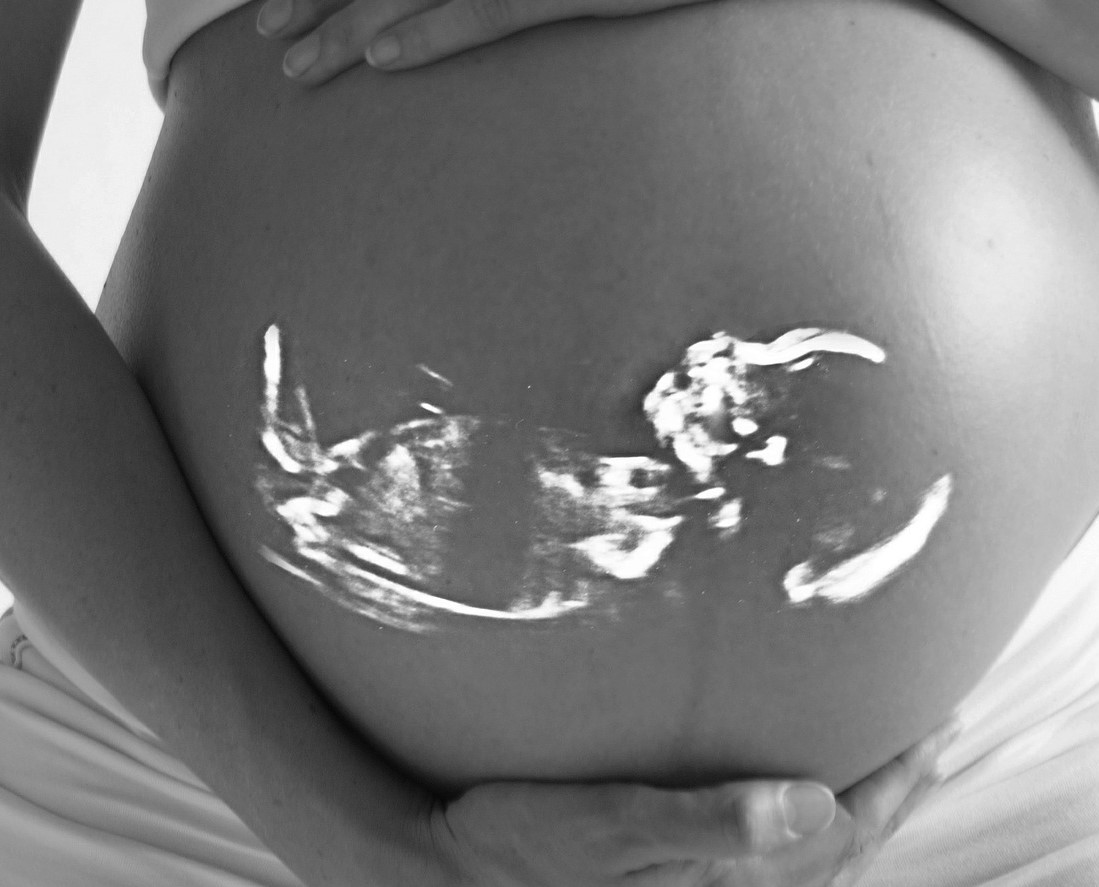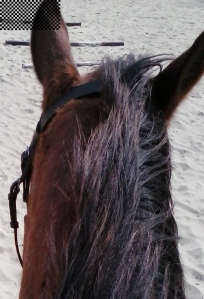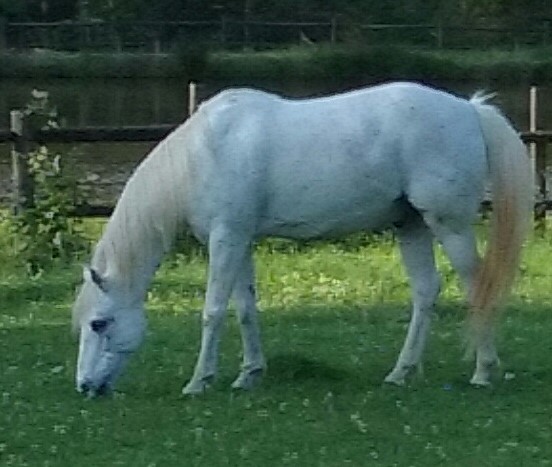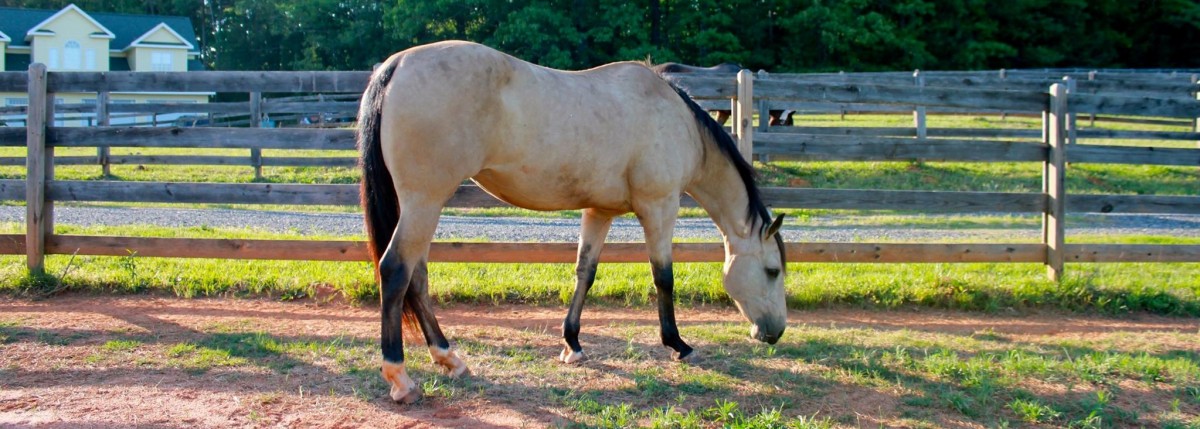This blogpost differs from my usual style, but I’ve pondered a post on Facebook which includes an article on patheos .com and even my own beliefs about abortion since the day I first read the post on a friend’s timeline.
This is my response to the article, to the question the article poses about what the Bible says about abortion, and even come to terms with what I truly believe. My response includes my research discussing with people who stand on either side of the abortion issue and why they believe what they believe, checking out other websites regarding abortion/abortion statistics, and reading my own Bible. Scripture notations are taken from the NASB translation.
I’ll start off by stating that I’m conservative in my beliefs but too moderate to call myself a Conservative and too conservative to declare myself a Liberal.
In the article Genesis 2 is mentioned as saying life began when God breathed life into the man. And the article suggests that without breath, there is no life. I refute the interpretation that this limits life with breath.
First, I believe this breath of God did in fact begin Adam’s life, but also that it infused him with a spirit, different from the life force given to animals. We can agree that oxygen (breath/air) sustains life. Animal life at least. Merriam-Webster defines breath as “spirit, animation,” and spirit as “an animating or vital principle to give life to physical organisms” and dictionary. com defines breath as “life, vitality’ so Genesis 2 offers a broader meaning than the patheos article suggests.
Second, The Bible states in Luke 1:41 where Mary, pregnant with Jesus, visits her cousin Elizabeth, pregnant with the child that would become John, the Baptizer – “When Elizabeth heard Mary’s greeting the baby leaped in her womb; and Elizabeth was filled with the Holy Spirit.” Now obviously, something that isn’t alive, cannot leap therefore the unborn baby, still in Elizabeth’s uterus, not having taken his first breath of air, is living. Moving of his own accord. Any woman who has ever been pregnant to the stage of feeling movement of the baby inside her knows very well that the child is a living, moving, waking, sleeping, and even, leaping being. Not “fetal tissue” but a LIVING BEING. No more than any of us reading, or posting on facebook, are just physical tissue.
Some of the comments to my friend’s original post state (paraphrased) that if killing (the unborn) is wrong then so is taking the life of an insect. Genesis 1 – 3 outlines God creating the world and all that is in it, telling man to be fruitful and multiply, granting man duties and responsibilities to till the land and exercise dominion over the animals (again I turn to Merriam Webster to point out that the words dominion and domain have the same root). So basically, Adam was told to take care of his household (the Garden of Eden). The term “animal husbandry” has the same connotation and the same responsibilities.
Had Adam and Eve not sinned by disobeying God (who reserved dominion over humanity for himself) we wouldn’t even be having this discussion. But the truth is we live in a fallen, sinful, depraved world. And that now includes death, disease, destruction, and despicable behaviors.
The patheos article references punishments and in particular states Exodus 22:22-23 as not requiring much in the way of punishment for “men struggle with each other and strike a woman with child so that she gives birth prematurely, yet there is no injury … fined …. But if there is injury, then you shall appoint as a penalty life for a life.” My thoughts on this are — if there’s no further injury then that means the baby may have been premature but is otherwise uninjured, the woman may have given birth prematurely but the birthing process itself is not an injury and if she is otherwise uninjured then there is a fine for the assault but no further penalty. If either the woman, or the child, is injured then the penalty is a life for a life. Later we see Jesus preaching compassion and forgiveness. My belief, and again this is after much pondering of my beliefs is the penalties outlined in Scripture were to give us boundaries and prevent taking full-scale vendettas or making wars between nations. One life, for one life. No more.
The patheos article argues against Christians using Psalm 139:13, “For You formed my inward parts; You wove me in my mother’s womb” as proof of life before birth. I agree, this verse does declare Gods omniscience, but it doesn’t mean that we’re just fetal tissue until we’re born. It means God MADE each and every one. And knows our purpose, our life path, our decisions. Why every child is not perfect, and why every pregnancy circumstance isn’t planned out, and why some children are born into poverty – well, we live in a fallen, sinful, imperfect, despicable world.
I believe abortion is wrong because no matter the circumstances of conception, pregnancy is temporary, it only lasts nine months. Death for the unborn child is permanent. A permanent death should not be used to “solve” a temporary condition.
I add this link as my final answer http://www.abort73.com to the patheos article, which was really more about political positions (written shortly before the last presidential election) than it was about religious viewpoints on abortion.
























